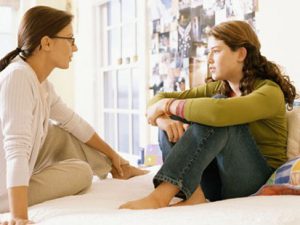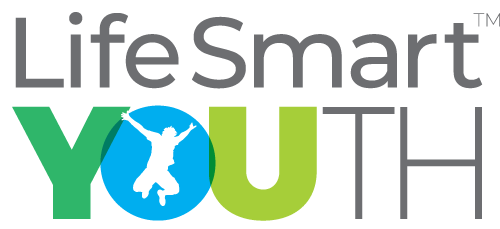Sex education supplements what parents aren’t talking about with their kids
 A dreaded conversation for most parents. When and how do you talk about sex with your children? What do you say? The angst caused by this conversation is as much a part of the human condition as death and taxes, and ranks right there with them. But wow, we know what can happen when we don’t.
A dreaded conversation for most parents. When and how do you talk about sex with your children? What do you say? The angst caused by this conversation is as much a part of the human condition as death and taxes, and ranks right there with them. But wow, we know what can happen when we don’t.
Sex education was introduced in classrooms in the 1960s to supplement what parents weren’t talking about with their children. And today, even with undertones of sex all around us, it’s no easier.
[Related: Parental Influence and other resources for talking with teens about sex]
Adolescent health coordinator Shelley Ross, M.S., teaches Social Health Association of Indiana’s Making A Difference!® program to prevent pregnancy and sexually transmitted disease to 7th and 8th graders in schools across Indiana.
She begins by asking students to rank how awkward it is to be in a Sex Ed class on a scale of one to 10. Shelley’s comfort speaking about the topic puts the kids at ease. She’s been talking about sex with youth since earning her master’s degree in Human Sexuality and Health Education from New York University and has a 6th and a 9th grader of her own.
“It’s easy to forget what puberty is like,” says Shelley.
True or False: Condoms can prevent pregnancy
Middle School boys and girls are taught together, which suits the topic and helps with role play later. Students are asked to answer true or false questions about pregnancy and STD myths by using an anonymous clicker throughout the eight sessions.
Endorsed by the Centers for Disease Control and Prevention as a proven medically-accurate, evidence-based curriculum, Making A Difference!® provides students with knowledge, confidence and skills to remain abstinent, thus eliminating the risk of STDs and pregnancy. The abstinence-based curriculum is age-appropriate and free of social bias.
“We help normalize what is going on with their bodies physically and on an emotional level,” Shelley says.
[Related: 10 Things Students Do in Making A Difference!® Classes]
Making Connections
Shelley helps students connect with current events like the HIV outbreak in Scott County, Ind., and asks about reality TV shows like Teen Mom and I Didn’t Know I Was Pregnant to start conversations.
“By the end, the students open up and are ready for role play,” said Shelley. “Boys and girls get to hear from each other and get more comfortable saying words about sexuality and pregnancy out loud and in the right context.”
Boys generally ask more questions than girls, and both ask lots of technical questions, like “Why can’t guys get pregnant?” An anonymous question box also is available.
“You’d be surprised at how little they know that is factual versus what they think they know,” said Shelley. “These age-appropriate, abstinence-based classes help them learn what they need to know.”
Then parents can reinforce what was learned—when they can muster up the nerve.
Learn more about classes offered by Social Health Association of Indiana or contact SHA at (317) 667-0342 to schedule a program today.
